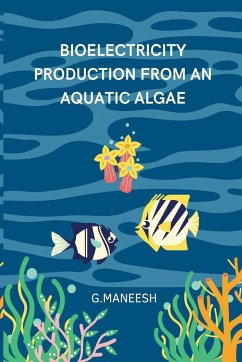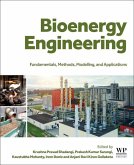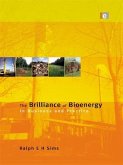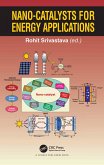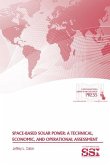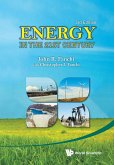The global demand for ecofriendly and more efficient electricity production has paved the way for discovery of alternative fuels and power generation. Bioelectricity is an alternative method for the conventional energy production methods like hydroelectric production, wind energy, thermal energy and atomic energy resources. Bioelectricity can be produced from by making use of any actively growing biological system especially making use of microorganisms, the growth and adaptability of this microbial system is of primary concern in producing bioelectricity. Interestingly our natural environment gives a lot of energy resources. For the planet earth the primary source energy is sunlight. Energy flow from the sun will be converted into various stages of tropics of energy levels where in the interaction of biotic and abiotic components make the energy flow in an ordinary way. The demand for energy needs Energy needs in the world continue to increase at an unsustainable rate. These energy needs are met by fossil fuels that are non-renewable in nature and in future. The major energy resources are fossil fuels such as coal, natural gas and oil. The rapid advancement in science and technology followed by a fast-paced exponential growth in social and economic arenas, combined with the continuous use of fossil fuels has resulted in major concern in bioenergy production. Due to climate change there is a global demand for the reserves of oil and natural gas and this concerns the search for alternative energy which is renewable, sustainable and pollution free. Bio-energy is a replacement energy source for fossil fuels due to the above-mentioned criteria. A potential solution to energy generation is offered by Biological fuel cell. The energy stored as chemicals can be converted into volts in Microbial Fuel Cells (MFC). The chemical energy is converted into electrical energy at the two electrode interface by organisms which undergo combustion with the release of energy and biocatalysation of organic substance by oxygen. In the microbial fuel cell system, in an electrochemical process, the enzyme catalytic energy is converted to electrical energy . Over the traditional methods of electricity production, the use of microbial fuel cell has many potential advantages . The microbial fuel cell has a great advantage of directly converting the organic waste into electricity, with high conversion efficiency and efficient operation at optimum conditions. By the way of anaerobic respiration of organic substrates the microorganisms present in the anode acts as biocatalyst and generate electrons (e-) and protons (H+). In the typical MFC the anode and cathode chambers are separated by a membrane and connected by an external circuit. With microbial decomposition of the organic substrates with anaerobic conditions generates electrons and protons transferred through the membrane with an electron acceptor. The availability and high redox potential, oxygen is the most preferred electron acceptor. In waste water treatment, desalination, hydrogen production, remote sensing, and pollution remediation and also as a remote power source are the potential applications of the microbial fuel cell

